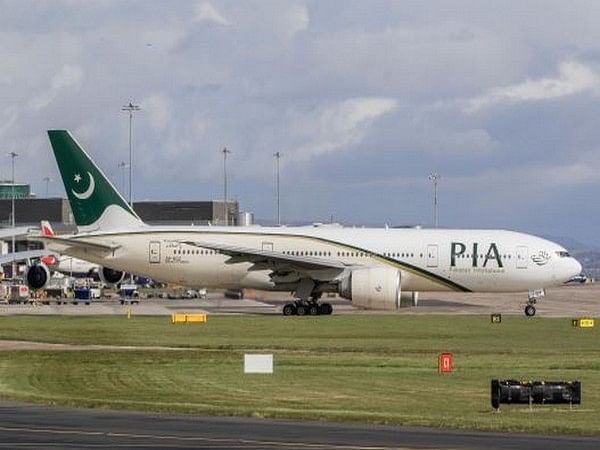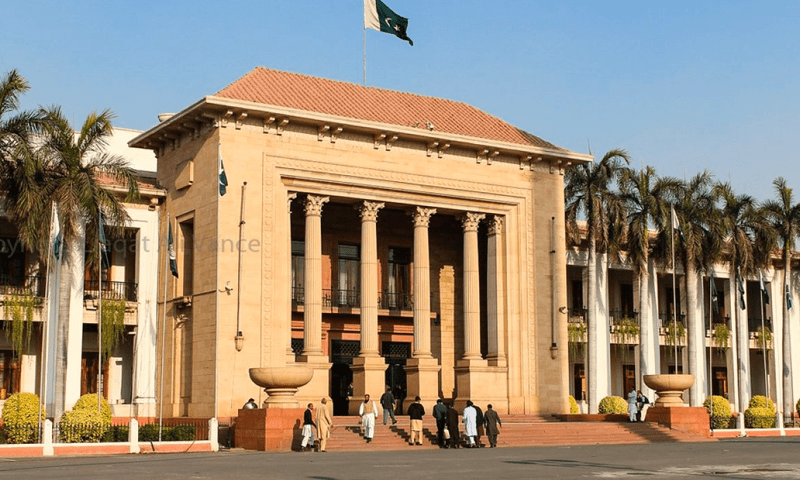Arshad Mahmood Awan
Despite the ongoing massacre of tens of thousands of innocent civilians in Gaza—slaughtered, bombed, and starved by Israeli forces—the United Nations remains a silent spectator. Its inability to halt this humanitarian catastrophe raises serious questions about the relevance, credibility, and moral authority of the post-World War II international system that was meant to uphold peace and protect vulnerable populations.
During a recent briefing to the United Nations Security Council (UNSC), Pakistan’s Permanent Representative to the UN, Ambassador Asim Iftikhar Ahmad, strongly urged the Council not to remain a “bystander” as atrocities unfold in Gaza. Speaking as Pakistan assumed the rotating presidency of the Council, Ahmad reminded the global community that the UNSC’s repeated failure to implement its own resolutions weakens its legitimacy and undermines its core mission to safeguard international peace and security.
The ambassador’s message could not have been more timely or more urgent. The crisis in Gaza is only one of several high-profile conflicts in which the UN has failed to play any meaningful role. Whether it is the prolonged war in Ukraine, India’s military aggression against Pakistan in May, or Israel’s recent attack on Iran, the UN has consistently found itself paralysed, ineffective, and irrelevant in the face of violence committed by or against powerful states.
What these repeated failures expose is that the so-called “rules-based international order” established after the Second World War is in deep decay, if not altogether dead. In theory, this order was meant to uphold international law, prevent wars of aggression, protect human rights, and ensure accountability. In practice, however, it has become a shield for the powerful and a trap for the weak.
At the center of this moral decay is the United States, whose consistent use of veto powers has blocked any meaningful action against Israel, even when its military campaigns blatantly violate international humanitarian law. Time and again, Washington and its European allies have provided Israel with diplomatic cover, military support, and political protection—even in the face of clear evidence of war crimes.
Pl, subscribe to the YouTube channel of republicpolicy.com for quality content.
This selective application of international law—where Russian aggression in Ukraine is treated as an existential threat to the “free world”, while Israeli occupation, apartheid policies, and collective punishment of Palestinians are ignored—reveals the deep hypocrisy at the heart of today’s international relations. When the rules do not apply equally to all, they lose legitimacy altogether. The result is global instability, erosion of trust in international institutions, and the rise of lawlessness in global affairs.
To salvage what remains of the global system, there is an urgent need to redesign the international order around the principles of justice, equality, and humanitarian protection. This means holding all aggressors accountable, regardless of their geopolitical importance or military strength. It means ensuring that smaller, weaker nations are not trampled under the boots of regional and global hegemons. And it means giving the Global South a meaningful voice in decision-making, particularly at bodies like the UNSC where power remains concentrated in the hands of a few post-colonial powers.
The Gaza crisis is the litmus test of whether the global community is serious about defending human rights and the rule of law. Each day that passes without international intervention deepens the humanitarian catastrophe and sends a message to other aggressors that such crimes can be committed with impunity—provided one has the right allies.
Pakistan’s call at the UNSC reflects a growing demand from countries across the Global South: enough is enough. The era of impunity, of double standards, and of selective enforcement of international norms must come to an end. There is no justification—moral, legal, or strategic—for allowing the slaughter of civilians, the bombing of hospitals and schools, and the denial of food and medicine to an entire population.
The United Nations must act not as a passive observer but as a responsible institution, true to the very principles on which it was founded. Failing that, it will continue to lose relevance, and the world will drift further into chaos, where only might makes right.
In the long term, reform of the UNSC itself is essential. The veto power, in particular, has become a tool of geopolitical manipulation rather than a safeguard against rash decisions. Its abuse by powerful nations has crippled the UN’s ability to respond to crises fairly and effectively. Unless the structure of global governance evolves to reflect today’s realities—not those of 1945—conflicts like Gaza will continue to expose the fragility and failure of international institutions.
For now, the most urgent and immediate priority must be a ceasefire in Gaza. The killing must stop. Humanitarian aid must be allowed to flow. War crimes must be investigated. And justice must be pursued for the victims of this unspeakable violence.
Only then can the global community begin to restore faith in the promise of international law and rebuild the trust of millions who look to the United Nations not for words—but for action, justice, and hope.















